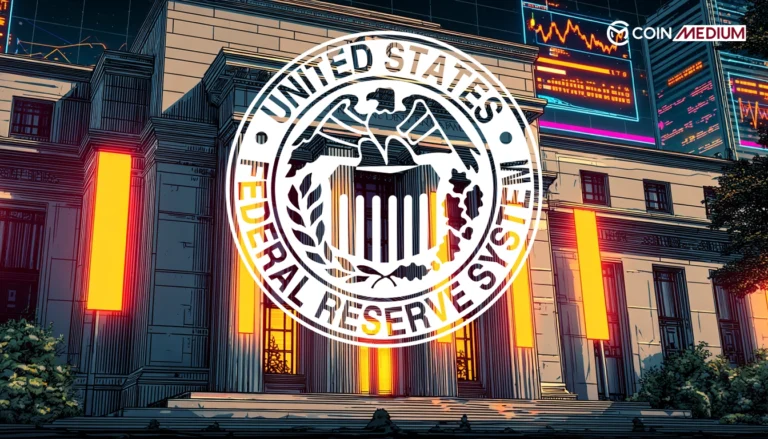XRP has officially gained institutional custody support in South Korea, as local crypto custodian BDACS rolled out regulated storage services following its February partnership with Ripple.
The new offering gives institutions secure access to one of the world’s most actively traded digital assets through Ripple Custody, the company’s enterprise-grade custody solution.
The announcement was made on BDACS’s official X account on Tuesday, confirming that institutions can now safely store and manage XRP using Ripple Custody, Ripple’s enterprise-level custody solution.
“We’re excited to offer XRP custody to our institutional clients. XRP is one of Korea’s most popular digital assets, and this step deepens our partnership with Ripple while reinforcing our focus on the Korean market.”
BDACS
BDACS also noted that it has completed integrations with major South Korean crypto exchanges like Upbit, Coinone, and Korbit. This allows institutional users to access and use XRP on leading platforms in full compliance with local regulations.
XRP Growth Tied to $16 Trillion Crypto Custody Forecast
At the time of the partnership, Ripple stated that the deal supports South Korea’s regulatory roadmap for institutional crypto adoption, as outlined by the country’s Financial Services Commission (FSC).
Ripple also highlighted that the collaboration would enhance the XRP Ledger ecosystem and boost the adoption of RLUSD, particularly within Busan’s blockchain regulation-free zone.
The company pointed to forecasts predicting that crypto custody could grow to $16 trillion by 2030, and that tokenized assets may represent 10% of the global GDP.
A recent study by the Hana Institute of Finance found that one in four South Koreans aged 20 to 50 own digital assets, with cryptocurrencies making up 14% of their total financial portfolios. The highest ownership rate was among individuals in their 40s (31%), followed by those in their 30s and 50s.
The report also highlighted a growing belief in crypto as a retirement planning tool, particularly among older investors. Notably, 70% of participants said they intend to increase their crypto holdings, but 42% noted they’d be more willing to do so if traditional banks were more involved in the crypto space. It is believed that there are more than 16 million crypto users in the Asian country.






